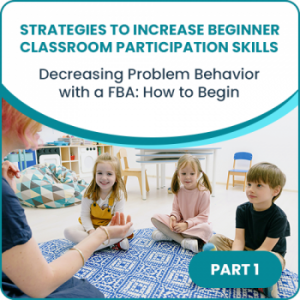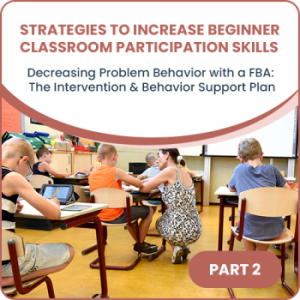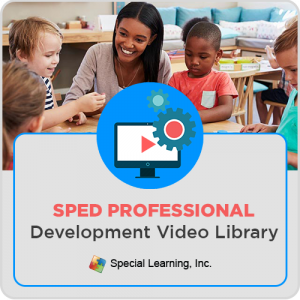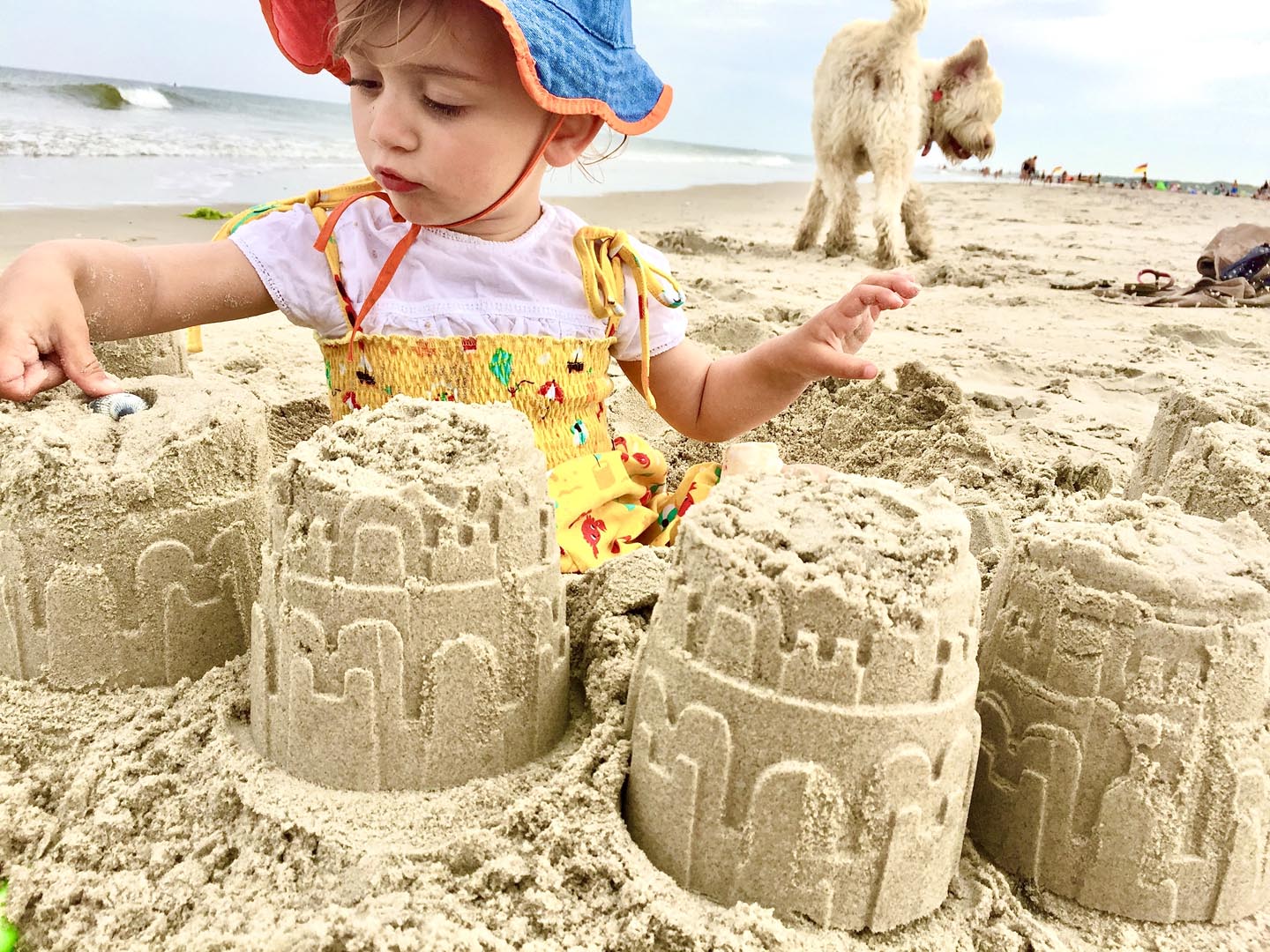Pervasive Development Disorder – Not Otherwise Specified
Pervasive Developmental Disorder – Not Otherwise Specified (PDD-NOS) is a classification within the ASD commonly referred to as atypical autism. PDD-NOS is a catchall diagnosis as a child classified into this category is likely to show symptoms of autism yet not all features are identifiable. A diagnosed child exhibits autistic characteristics such as social impairment, communication disabilities and uses stereotyped behaviors. However, the child doesn’t necessarily meet the criteria for an exact definition.
Diagnoses of children with PDD-NOS are often made at the age of 3 to 4 years old. They are slightly older than children diagnosed with other spectrum classifications. It is harder to conclude the correct diagnosis at an early age as children with PDD can exhibit some characteristics of autism yet not enough to be categorized under any specific disorder.
PDD-NOS is often mistaken to be the milder classification of ASD. This is untrue as a child with such a diagnosis can have a combination of severe and mild symptoms at the same time. The following is a sample of possible manifestations of PDD-NOS:
-
Can speak and form sentences appropriate to age.
-
Normal motor skills.
-
Unusual mood swings and barely consolable tantrums.
-
Prefers to play alone.
-
Participates in class but can be easily over-stimulated.
-
Repetitive hand-clapping when excited.
-
Social skills deficiency.
-
Obsesses with a specific toy.
-
Talks a lot more than normal.
Children with PDD-NOS display a variety of symptoms found in other specific autism spectrum disorders. If the same irregular pattern is observed, not necessarily the same as the example, it is advised to immediately consult a medical professional for evaluation.
Copyright © by Special Learning Inc. All right reserved.
No part of this article may be reproduced in any manner whatsoever without written permission except in the case of brief quotations embodied in critical articles and reviews. For information, contact Special Learning Inc., at: contact@special-learning.com








